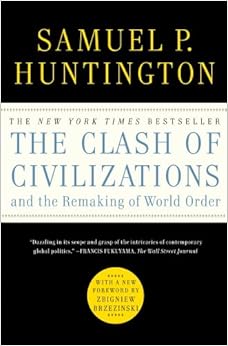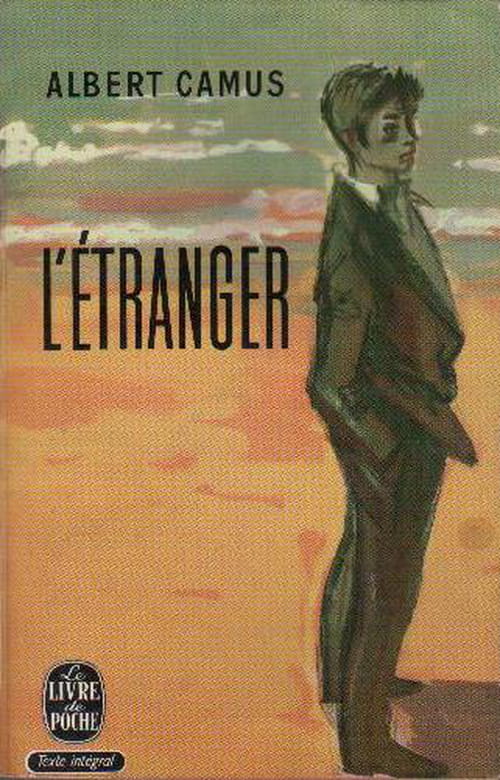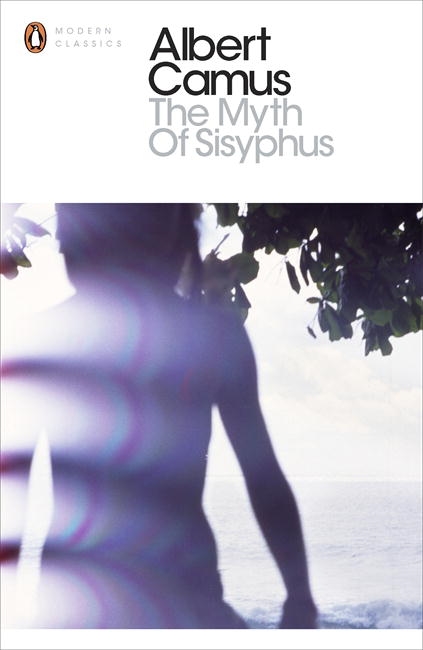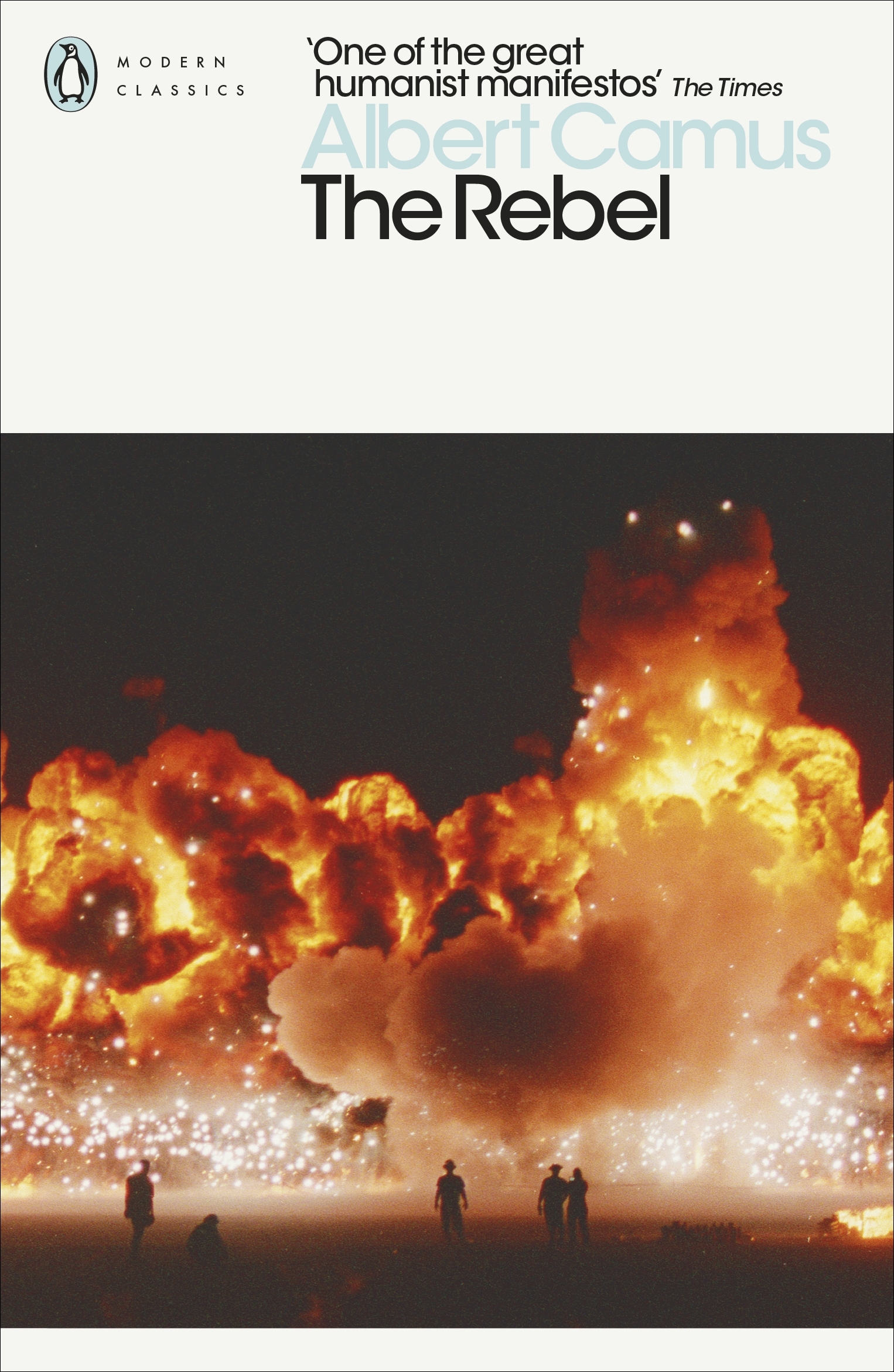The collection of stories published as Le Mythe de Sisyphe in 1942 was
the second of the absurds. The work has been cited by critics as
refined and carefully crafted. The collection stands as more literature
than philosophy. Camus spent at least five years writing and editing
the work. The polish is clear with the very first sentence: "There is
only one really serious philosophical problem, and that is suicide."
According
to Camus, suicide was a sign that one lacked the strength to face
"nothing." Life is an adventure without final meaning, but still, in
Camus' eyes, worth experiencing. Since there is nothing else, life
should be lived to its fullest and we should derive meaning from our
very existence. For Camus, people were what gave life meaning.
However, in the moments following the realization that one will die,
that one's descendants will die...in fact, that the earth will die, one
senses a deep anxiety. And, as an atheist, Camus doubted meaning beyond
this life.
"A world which can be explained, even through bad
reasoning, is a familiar one. On the other hand, in a world suddenly
devoid of illusion and light, man feels like a stranger." Isolated from
any logic, without an easy explanation for why one exists, there occurs
what some call "existential angst." While Camus did not use the
phrase, it adequately describes the sensation. Even existentialists of
faith struggle with creation, wondering why humanity exists when a
Creator would not need mankind. Merely wanting to create something
seems like a curious reason to create life. So, even for those of
faith, the initial creation can be puzzling.
How does one exist
without any given purpose or meaning? How does one develop meaning? Le
Mythe de Sisyphe addresses this directly in the retelling of the famous
tale. Considering the plight of Sisyphus, condemned to roll a stone up
a mountain knowing the stone will roll down yet again, it is easy to
declare his existence absurd and without hope. It would be easy to
believe Sisyphus might prefer death. But in Camus' myth, he does not.
"Living
the absurd...means a total lack of hope (which is not the same as
despair), a permanent reflection (which is not the same as
renunciation), and a conscious dissatisfaction (which is not the same as
juvenile anxiety).
For Camus, Sisyphus is the ultimate absurd hero.
He was sentenced for the crime of loving life too much; he defied the
gods and fought death. The gods thought they found a perfect form of
torture for Sisyphus. He would constantly hope for success, that the
stone would remain at the top of the mountain. This, the gods thought,
would forever frustrate him.
Yet, defying the gods yet again,
Sisyphus is without hope. He abandons any illusion that he might
succeed at the assigned task. Once he does so, Camus considers him a
hero in the fullest sense of the word. Sisyphus begins to view his
ability to do the task again and again--to endure the punishment--as a
form of victory.
"The struggle itself towards the heights is enough to fill a man's heart. We have to imagine Sisyphus happy."
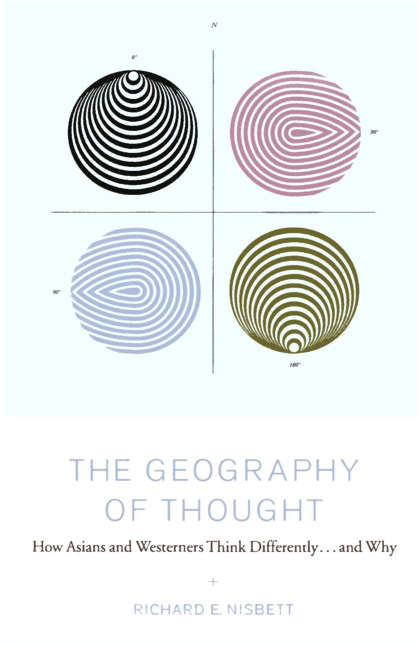 A “landmark book” (Robert J. Sternberg, president of the American
Psychological Association) by one of the world's preeminent
psychologists that proves human behavior is not “hard-wired” but a
function of culture.
A “landmark book” (Robert J. Sternberg, president of the American
Psychological Association) by one of the world's preeminent
psychologists that proves human behavior is not “hard-wired” but a
function of culture.

